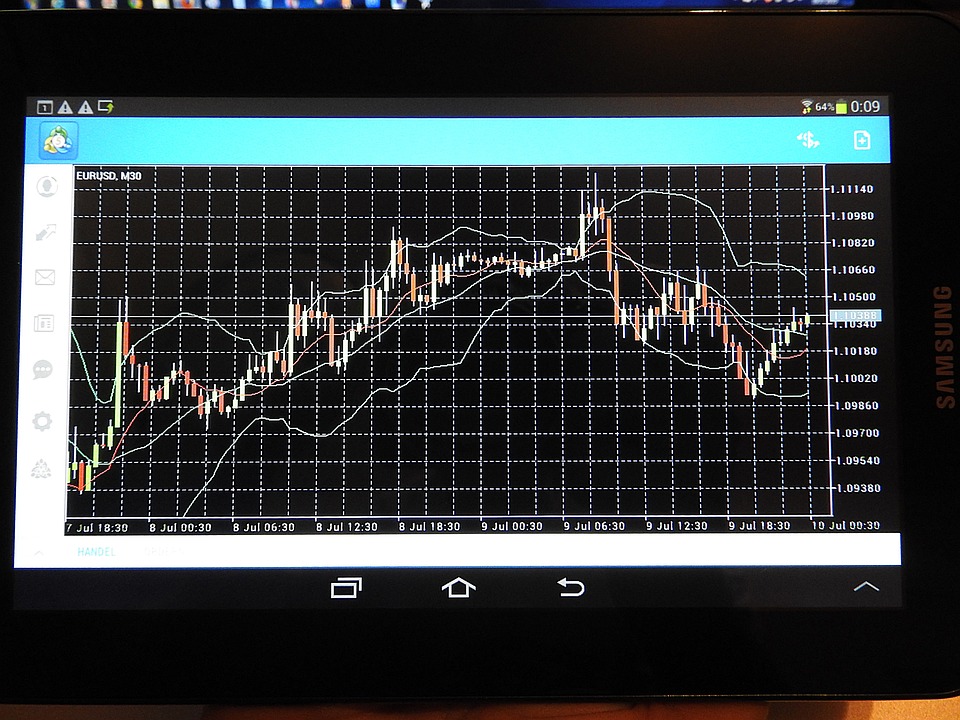There are differences in the growth momentum of the Chinese and American economies. The U.S. economic growth momentum continues, but on the other hand, China’s economic slowdown worries have intensified. How long will this trend last and how will it affect the international order? Nihon Keizai Shimbun (Chinese version: Nikkei Chinese website) interviewed Eswar Prasad, a professor at Cornell University in the United States who is familiar with the economy and finance of the two countries.
Eswar Prasad
The United States has advantages in the labor market
Reporter: The U.S. economy remains stronger than expected.
Prasad:At a time when most major countries are struggling, the United States is consolidating its position as the locomotive of the global economy. The U.S. labor market is very flexible and strong. The government’s fiscal policy and financial system have enabled the backbone and small and medium-sized enterprises to survive very difficult times (such as the COVID-19 epidemic and high inflation).
The impact of the global economic slowdown is worrying. Although U.S. gross domestic product (GDP) growth does not rely heavily on exports, the downturn in other countries will have a negative impact to a certain extent. The public debt in the United States continues to increase, and the burden of interest payments continues to increase as a proportion of fiscal revenue. This is also a major concern.
Reporter: Regarding interest rate cuts, there is a temperature difference between the views of the Federal Reserve (FRB) and the market.
Prasad:The Federal Reserve was late to eliminate inflation, but it has effectively adjusted monetary policy and is completing the complex task of soft landing the economy. Easing supply constraints could also help curb inflation. Federal Reserve Chairman Jerome Powell has hinted at gradual interest rate cuts if inflation continues to slow, but the likelihood of aggressive rate cuts is low if a strong economy and labor market persist.
Reporter: Concerns about China’s economic prospects are increasing.
Prasad:The People’s Bank of China’s move to lower the reserve requirement reflects the government’s concerns about slowing economic growth and a sluggish Chinese stock market. With businesses and households feeling pessimistic, policy has its limits. Government initiatives to boost the economy have yet to develop into a framework for broad reforms.
China has many vulnerabilities, including suboptimal demographics, a shaky real estate market, deteriorating domestic and foreign investor confidence, and a lack of new growth models. In the next few years, it may be difficult to maintain a growth rate of 4% to 5%. Some people had previously predicted that China’s GDP would one day surpass that of the United States, but the likelihood of that happening is declining.
Worry about deepening rifts
Reporter: You participated in the “Davos Forum” in mid-January.
Prasad:Due to the superposition of geopolitical uncertainties, the prospects for elections around the world this year are unpredictable and the atmosphere is somewhat gloomy. A series of elections may further intensify the trend of promoting trade and investment among allies (the compartmentalization of Western Europe, China and Russia, etc.).
Reporter: What impact will the US presidential election in November have on the global economy?
Prasad:If Trump finally runs and wins the election, trade protectionism will escalate and geopolitical rifts will deepen. The decoupling of trade and finance is likely to intensify. Uncertainty and volatility will cause private investment to shrink and have a negative impact on financial markets and economic growth.
If Trump returns to power, he may take isolationist actions. The United States’ ability to play a leadership role will also decline in the operation of major international institutions and in addressing important global issues such as climate change. This will be an opportunity for China to once again enhance its economic and geopolitical influence globally, especially in Asia.
Reporter is Yuta Saito of Nikkei Business News (Chinese version: Nikkei Chinese website)
Eswar Prasad:He has successively served as head of the China department at the International Monetary Fund (IMF). Now 58 years old.
Copyright statement: All rights reserved by Nihon Keizai Shimbun. No reproduction or partial reproduction is allowed without authorization. Violators will be prosecuted.
#Prasad #possibility #Chinas #GDP #surpassing #United #States #reduced #Nikkei #Chinese
2024-02-16 23:04:25


